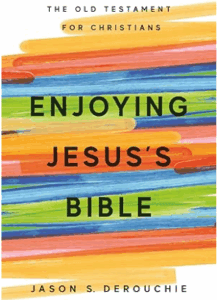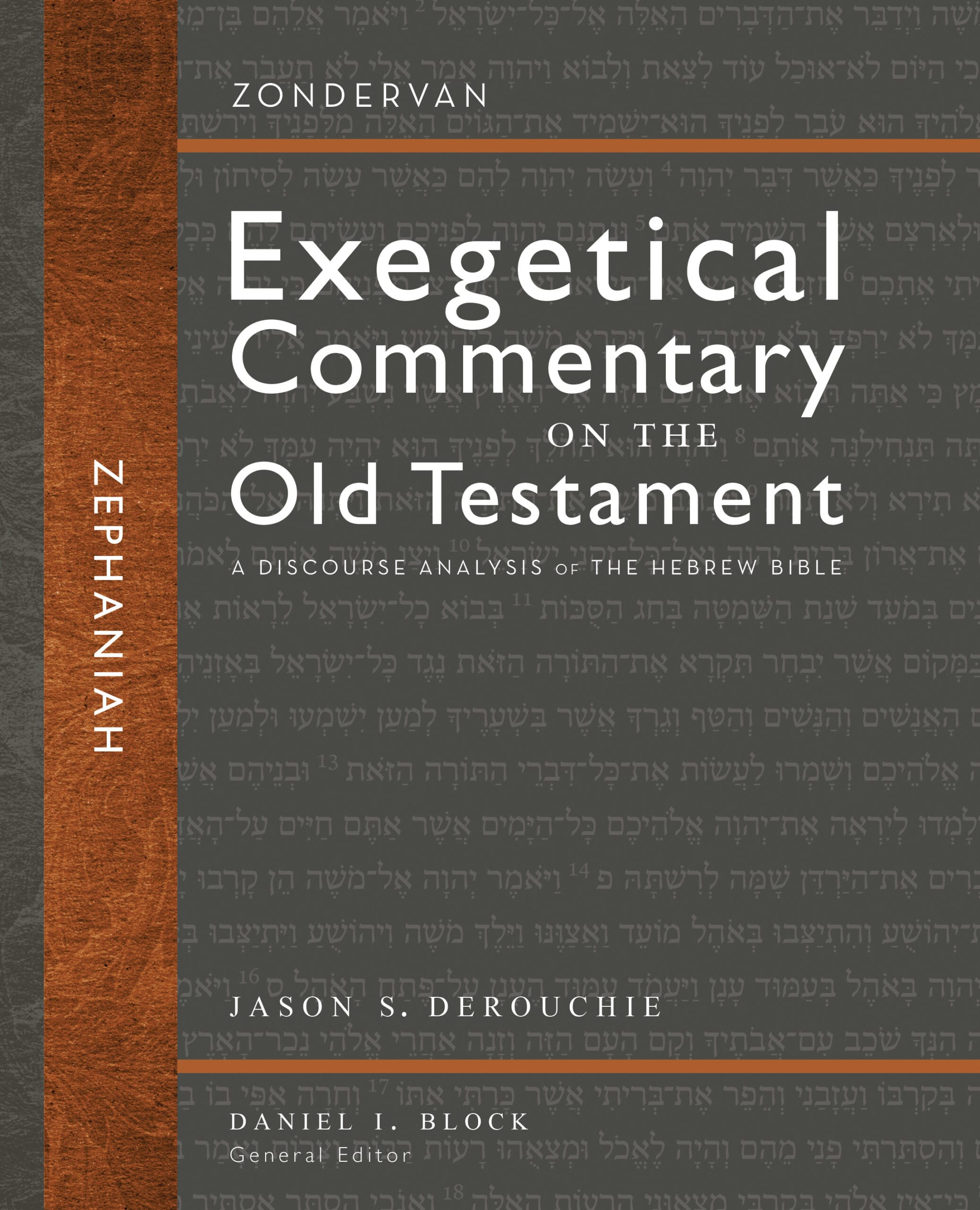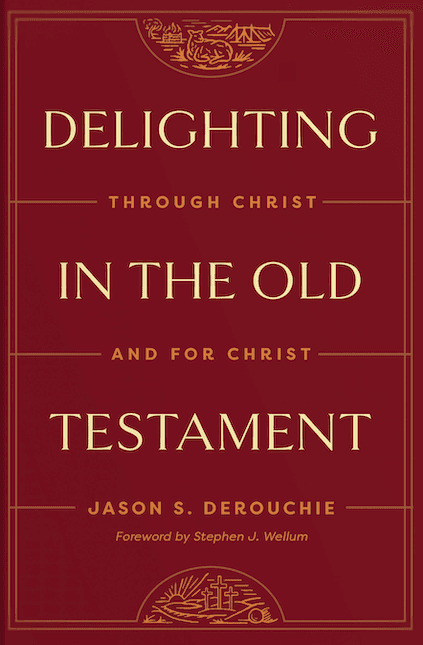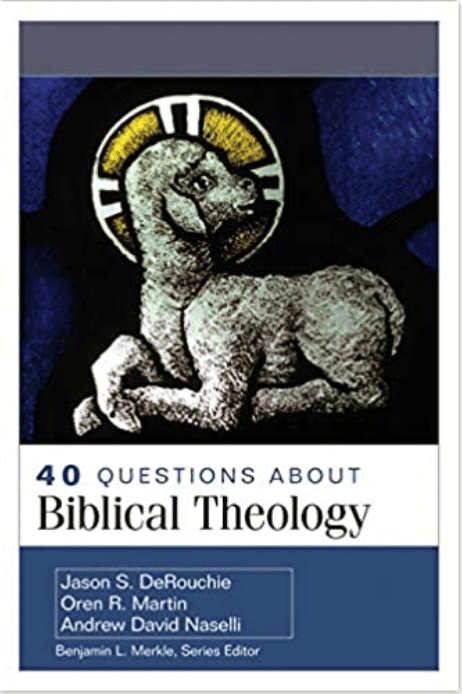Proclaiming the Kingdom
Blog
Follow Jason DeRouchie
Rejoice in the Lord Always: A Sermon on Ecclesiastes 11:7–12:1
(Audio Download / PDF / SoundCloud) DeRouchie gave this message on 9/14/2025 at the Sovereign Joy Baptist Church plant in Liberty, MO. ***** This week our nation experienced a political assassination. We’ve seen hatred flowing from prejudice and evil responses and...
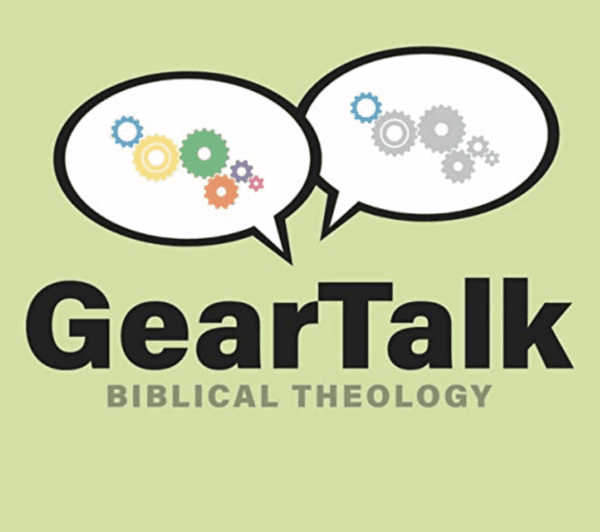
The Nature of the Covenant God Made With Abraham, Part Two
JY: Welcome to GearTalk, a podcast on biblical theology. Last week, we aired the first part of a two part podcast focused on the Abrahamic covenant and its importance to biblical theology. Today we’re playing part two. If you missed the first part, I’d encourage you...
Empowered Unity for God’s Glory: A Sermon on Ephesians 3:20–21
(Audio Download / PDF / SoundCloud) DeRouchie gave this message on 9/7/2025 at the Sovereign Joy Baptist Church plant in Liberty, MO. ***** Introduction The prophet Habakkuk declared: “Though the fig tree should not blossom, nor fruit be on the vines, the produce of...

The Nature of the Covenant God Made With Abraham, Part One
JY: Welcome to GearTalk, a podcast on biblical theology. How should we understand the nature of the covenant God made with Abraham? How does it relate to the covenants before and after? What contribution do Genesis 12, 15, 17, and 22 make to our understanding? And how...
The Revealed Mystery of Gentile Salvation: A Sermon on Ephesians 3:1–7
(Audio Download / PDF / SoundCloud / Handout) DeRouchie gave this message on 8/17/2025 at the Sovereign Joy Baptist Church plant in Liberty, MO. ***** Pray with me…. The title of today’s message is “The Revealed Mystery of Gentile Salvation.” Since 2:11, the Apostle...
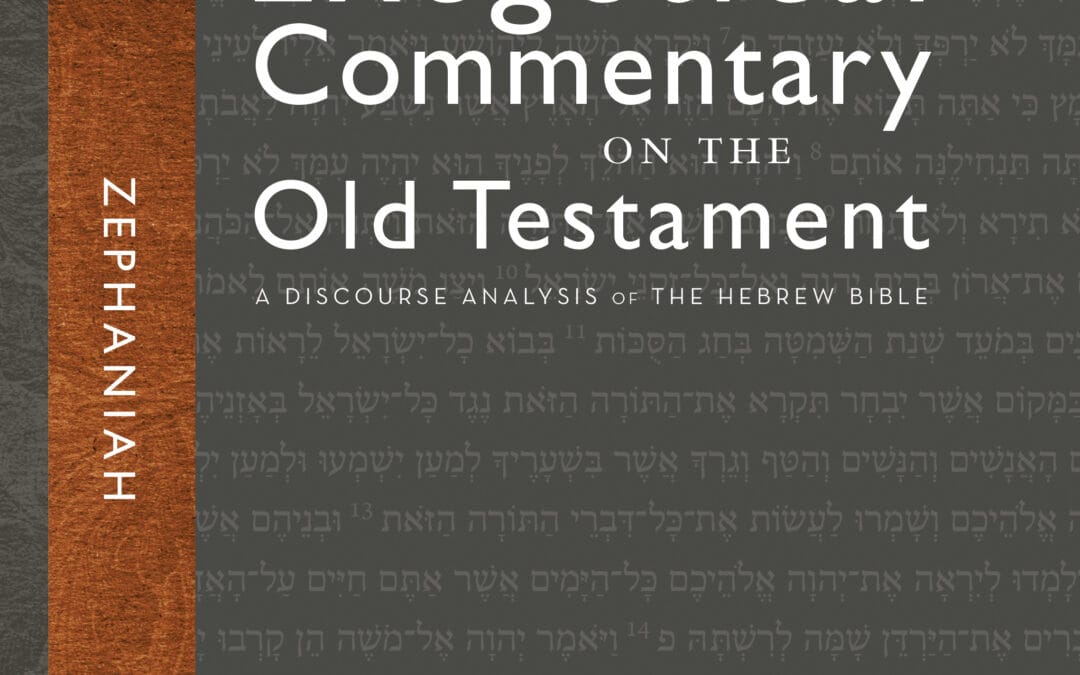
Book Announcement—Zephaniah: The Savior’s Invitation to Satisfaction
The book of Zephaniah contains some of the Bible's most vivid portraits of the day of the Lord both as punishment and renewal. It calls God's people to seek the Lord together to avoid punishment and to wait on him to enjoy salvation. This is what I argue in my new...
Jesus Will Gather the Scattered: Zephaniah’s Vision of the Global Church
All the nations you have made shall come and worship before you, O Lord, and shall glorify your name. (Psalm 86:9) With these and similar words, David and other psalmists foretold a great missional ingathering associated with the days of the Messiah. Other prophets...
The Christians’ Exalted Life: A Sermon on Ephesians 2:4–7
(Audio Download / PDF / SoundCloud) DeRouchie gave this message on 7/20/2025 at the Sovereign Joy Baptist Church plant in Liberty, MO. ***** Pray with me…. Nature can point us to amazing truths about God and how he handles the world. David looked up and proclaimed,...
Purposeful Redemption: A Sermon on Ephesians 1:7–10
(Audio Download / PDF / SoundCloud) DeRouchie gave this message on 2/9/24 at the Sovereign Joy Baptist Church plant in Liberty, MO. ***** Happy Father’s Day. The book of Ephesians opens by declaring “grace to you and peace from God our Father and the Lord Jesus...

How Did Jesus View the Old Testament?
JY: Welcome to GearTalk, a podcast on biblical theology. Today we're doing something a bit different. As we mentioned last week, Jason DeRouchie is taking the summer off from GearTalk. However, we figured out a way to keep him around for another week. We'll be kicking...
About Jason S. DeRouchie
Dr. Jason DeRouchie (PhD, The Southern Baptist Theological Seminary) is a churchman and a passionate teacher driven to exalt Jesus from the Old Testament and to help Christians better grasp why the initial three-fourths of the Bible matters for Christians. He is Research Professor of Old Testament and Biblical Theology and Rich and Judy Hastings Endowed Chair of Old Testament Studies at Midwestern Baptist Theological Seminary in Kansas City, Missouri. He also serves as Content Developer and Global Trainer with Hands to the Plow Ministries and as a pastor of Sovereign Joy Baptist Church in the northland of Kansas City, MO.
